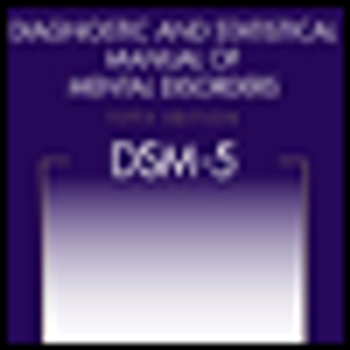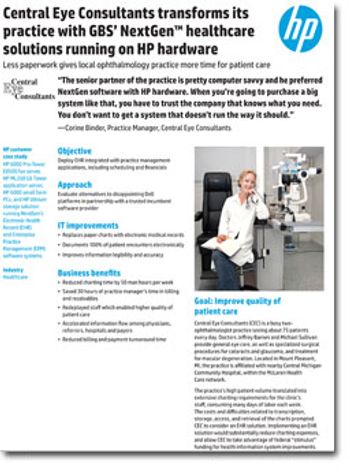
News


Hans Pols, PhD, is senior lecturer at the Unit for History and Philosophy of Science at the University of Sydney. He is interested in the history of psychiatry and the mental hygiene movement in North America and Europe, psychiatric war syndromes, and colonial psychiatry, in particular in the Dutch East Indies.

Greg Eghigian, PhD, is Associate Professor of Modern History and former Director of the Science, Technology, and Society Program at Penn State University, University Park, Pa. He writes and teaches on the history of madness, mental illness, and mental health in the Western world. He is the co-editor and author of numerous books, most recently From Madness to Mental Health; Psychiatric Disorder and its Treatment in Western Civilization (Rutgers University Press, 2010). He is co-editor of h-madness, a blog that follows the history of psychiatry.



John Z. Sadler, MD, is the Daniel W. Foster, MD Professor of Medical Ethics and a Professor of Psychiatry & Clinical Sciences at the University of Texas Southwestern Medical Center at Dallas. Dr. Sadler co-edits, with K. W. M. Fulford, the Johns Hopkins University Press journal Philosophy, Psychiatry, & Psychology, and with Fulford, Giovanni Stanghellini, and Katherine Morris, co-edits the Oxford University Press book series International Perspectives in Philosophy and Psychiatry. One of the founders of the Association for the Advancement of Philosophy and Psychiatry, Sadler is the organization’s Treasurer. Long fascinated by the philosophical and conceptual issues in psychiatric diagnosis, Sadler is the author of Values and Psychiatric Diagnosis (Oxford University Press, 2005), editor of Descriptions and Prescriptions: Values, Mental Disorders, and the DSMs (Johns Hopkins University Press, 2002), and co-edited (with Osborne Wiggins and Michael A. Schwartz) Philosophical Perspectives on Psychiatric Diagnostic Classification (Johns Hopkins University Press, 1994). His latest collaborative book (with Jennifer Radden, PhD) is The Virtuous Psychiatrist: Character Ethics in Psychiatric Practice (Oxford University Press, 2010).

James Phillips, MD, is an associate clinical professor of psychiatry at the Yale School of Medicine. He is in the private practice of general and forensic psychiatry. In the Yale department he is involved in residency training, the Hispanic Clinic, and the Global Mental Health Committee. He has a long involvement with the Association for the Advancement of Philosophy and Psychiatry, serving as Secretary and as editor of the Bulletin of AAPP. He has written extensively in the area of philosophy and psychiatry and edited Philosophical Perspectives on Technology and Psychiatry (Oxford 2008) and (with James Morley) Imagination and its Pathologies (MIT 2003). For the past six years Dr Phillips has been involved in the development of a psychiatric clinic in a never-served Andean city (Ayacucho) in Peru.



Allen Frances, MD, was the chair of the DSM-IV Task Force and of the department of psychiatry at Duke University School of Medicine, Durham, NC. He is currently professor emeritus at Duke.



While it is easy to say, “this is not my problem,” the truth of the matter is that chronic disease prevention and education is the problem of all medical providers.

I recently experienced the odd coincidence of receiving 2 separate emails on the same morning each asking almost the very same question. . . how can I remain so high on psychiatry while at the same time being so critical of some of its recent trends and so fearful of the likely future harmful impact of DSM-5?

Frances, Phillips, Sadler bloggers with links to individual pages.

Releasing Medical Records to Patients: Fact vs. Fiction

This is a test embeding of a mobile scale onto a liferay page.

When counseling trauma victims and patients with PTSD, do you ask them to retell the trauma or do you think this prolongs it?

In a childhood obesity article, the JAMA authors suggest "involvement of state protective services . . . including placement into foster care in carefully selected situations" as an alternative to treatment at newly established pediatric surgical weight loss programs. Do you agree?

Psychiatric Times has invited the editors of h-madness, a blog that follows the history of psychiatry, to share a monthly guest blog with our readers. You can read more about the history of psychiatry on their blog.

It’s hard to believe that it’s been two years since I saw my first patient in my very own office.

There are a couple of facets of human nature that have a big impact on how people perceive EHRs and what they do, or don't do, with them.


The entire field of psychiatric epidemiology has a systematic bias that leads it to misleadingly report what are highly inflated rates of psychiatric disorder.

When Leo Alexander, the psychiatrist who served as advisor at the Nuremberg doctors’ trial, helped draft the articles of the Nuremberg code, his attention was drawn to two earlier episodes in German medical history.

The doctor-patient relationship is built upon a foundation of trust. What do we do when a patient compromises or starts to bend the trust?

The good news is that several resources provide guidance regarding market compensation. Here’s how that information will help you.

A newly appointed DSM-5 scientific review group is meant to “review the reviews”-but it is working in secret and so far appears to be a remarkably porous filter . . .DSM-5 has shown no capacity to self-monitor and self-correct. An outside review is sorely needed-and fortunately a ready mechanism is in place.

Is all the time, effort and money (not to mention the stress) really going to positively influence patient well-being?

A comprehensive treatment plan is a systematic, thorough, painstaking therapeutic program that takes time for implementation and results